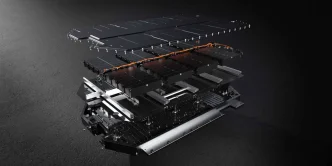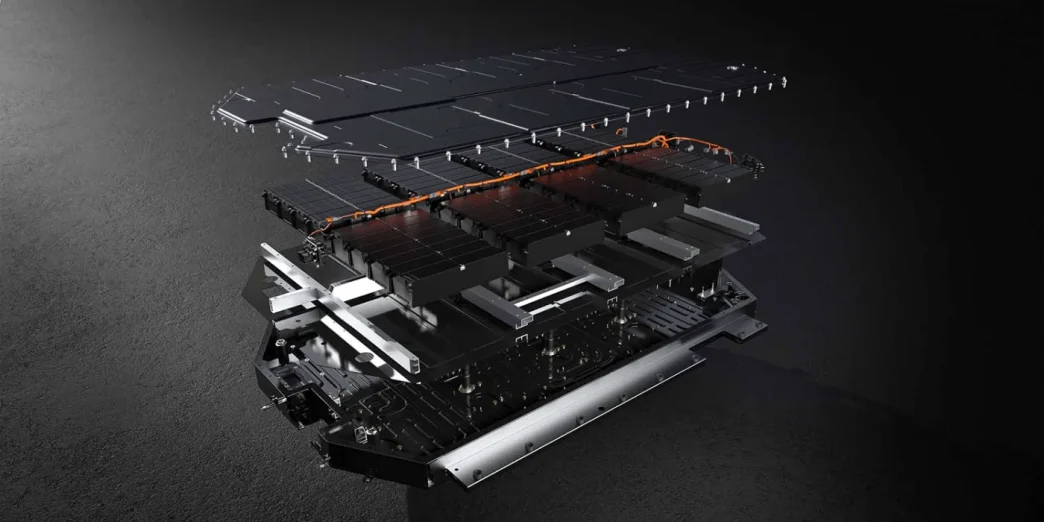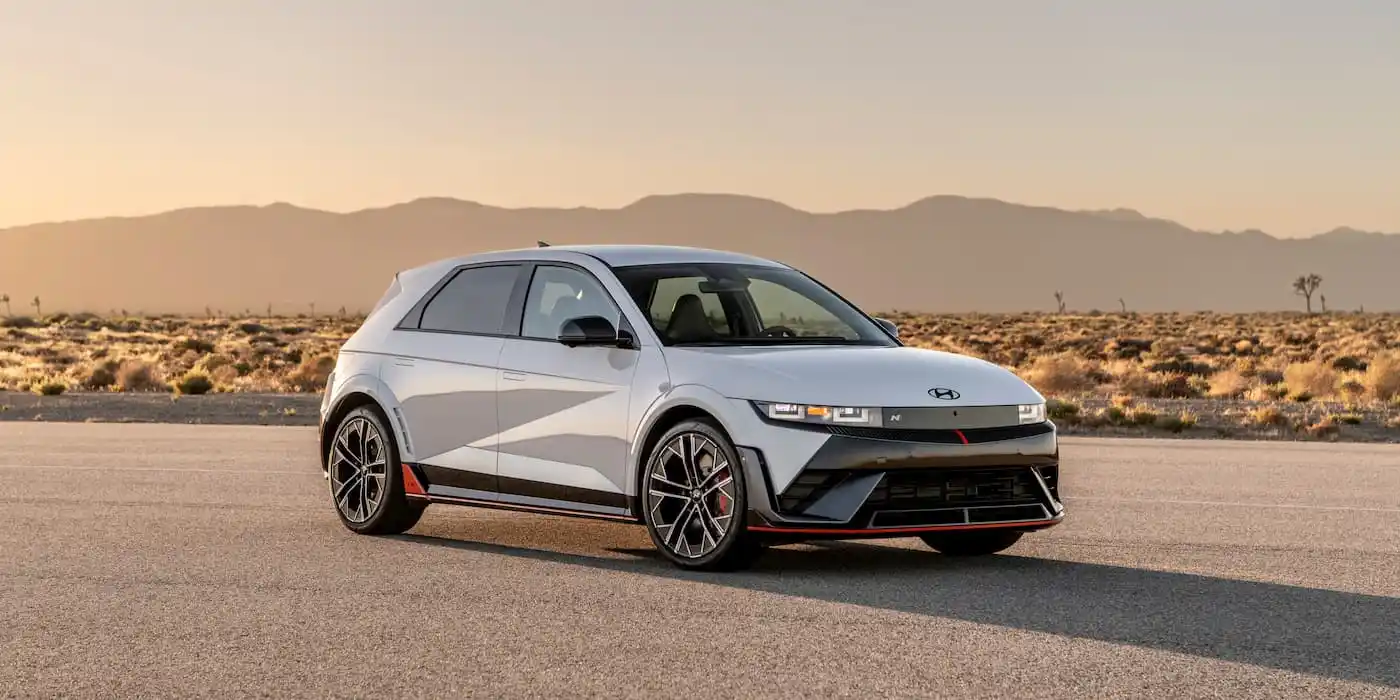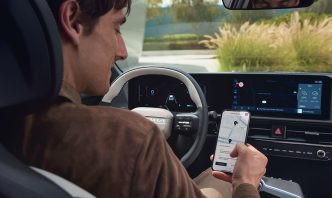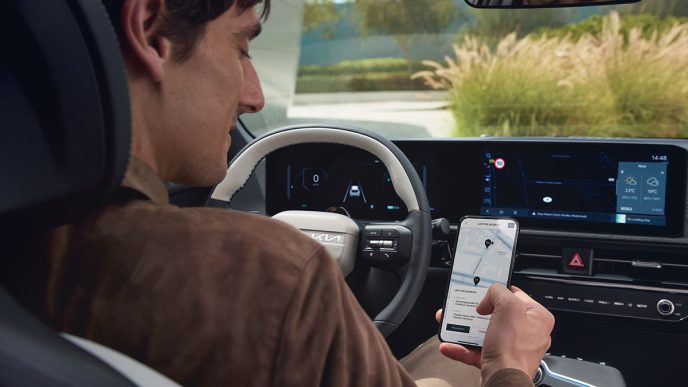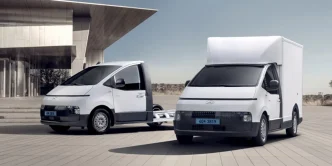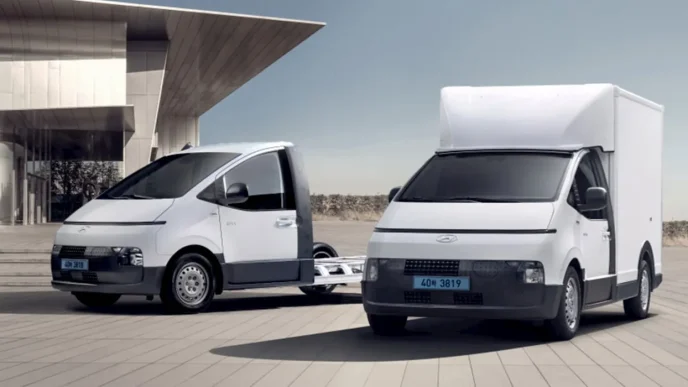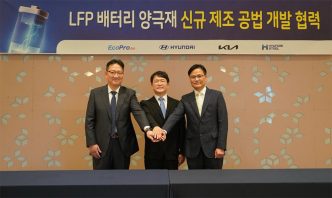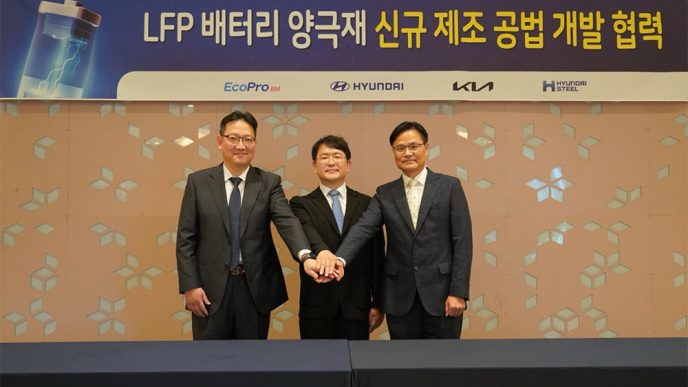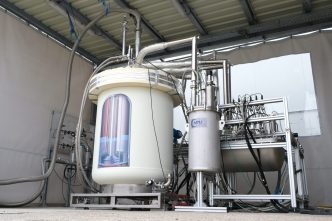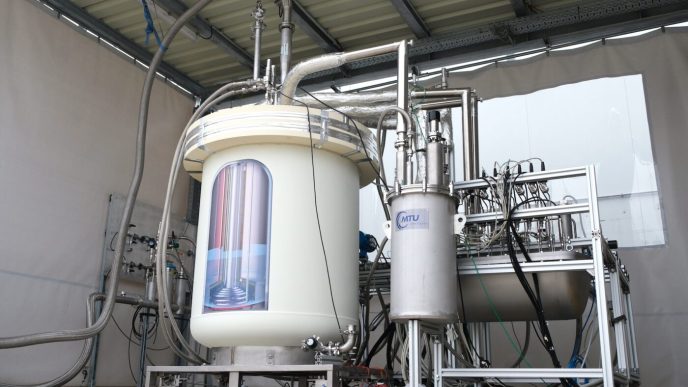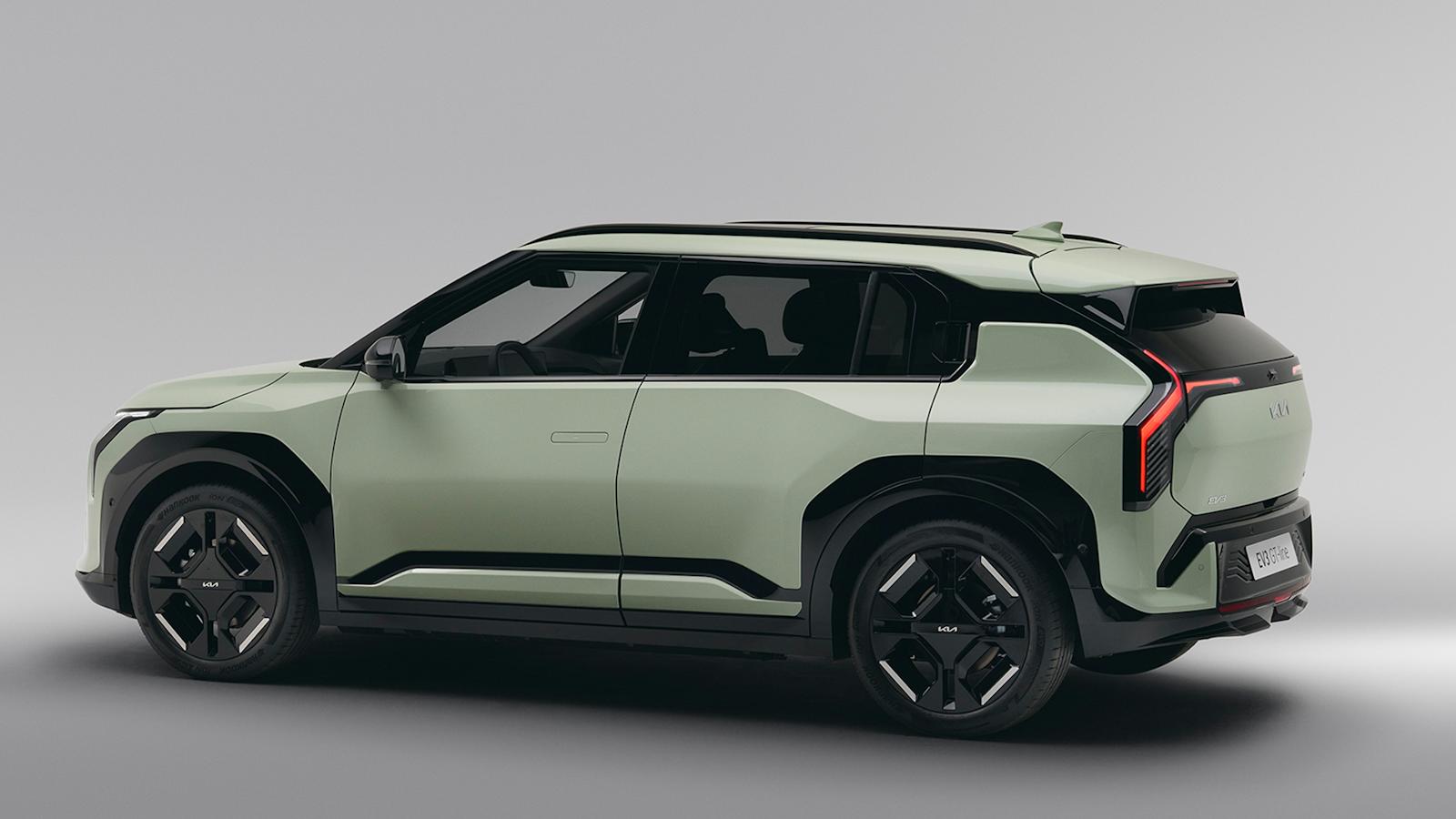Hyundai Group is reportedly planning to start producing its own battery cells for electric vehicles (EVs) by 2027, with an initial pilot production phase aimed at enhancing both performance and cost efficiency.
According to a recent article by The Korea Economic Daily, the automaker is preparing to establish its first battery cell production lines, marking a significant step towards advancing its internal battery technology. Sources familiar with the situation revealed that Hyundai intends to set up production lines with an initial capacity of 1-2 GWh for prototype development at its research and development center located in Anseong, Gyeonggi Province. The company is expected to focus on ‘ternary’ batteries, specifically nickel-cobalt-manganese (NCM) types.
Rumors regarding Hyundai’s plans to develop its own battery cells initially surfaced in November 2023, but discussions at that time centered around lithium iron phosphate (LFP) cells. Now, the situation appears to be more definitive, as negotiations with battery material suppliers have reportedly been ongoing since the second quarter of this year. Hyundai is engaging with several South Korean suppliers, including LG Chem, as well as various Chinese companies. Negotiations reportedly focus on the quantity and pricing of cathodes expected to be delivered around 2027.
Nevertheless, Hyundai’s plans for battery production remain tentative. The automaker may choose to continue with pilot production to assess the viability of its self-developed battery cells on a limited production scale. Additionally, reports suggest that Hyundai may opt to outsource the manufacturing of its designed batteries to companies like SK On and other battery cell producers under original equipment manufacturing agreements, rather than producing them in-house.
Currently, Hyundai’s brands—Hyundai, Kia, and Genesis—source their battery cells primarily from SK On and LG Energy Solution, and in some models, from the Chinese leader CATL. Notably, in October 2023, Hyundai placed its first order for prismatic cells with NCA chemistry from Samsung SDI, intended for use in Europe starting in 2026. Furthermore, Exide is set to supply LFP cells for Hyundai’s EVs manufactured in India.

